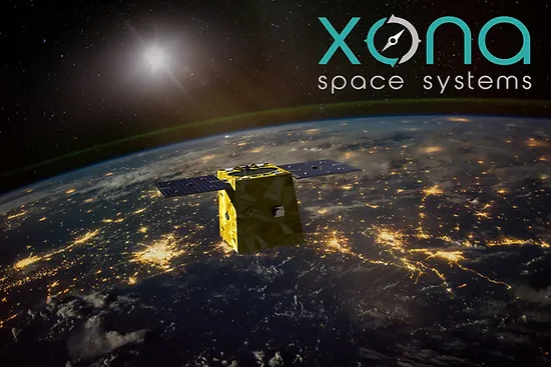An oversubscribed $19 million Series A fundraising round led by Future Ventures and Seraphim Space was announced today by Xona Space Systems, a business creating a network of small satellites to deliver high-precision navigation services. Aloniq, Murata Electronics, Space Capital, NGP Capital, and Industrious Ventures were among the new investors that joined the round.
As Xona moves closer to commercialization, this cash will be utilized to expedite the deployment of its low Earth orbit (LEO) satellite network. Xona’s PULSARTM satellite service, which aims to provide reliable, precise guidance for intelligent and autonomous technologies to scale beyond highly structured environments, will go into beta operation with this round.
According to Brian Manning, CEO and co-founder of Xona, “a century ago, people looked to the North Star for trusted guidance when other methods were unavailable.” “Our PULSARTM service aims to be for these industries what the North Star was for humanity in previous centuries. AI and automation are the future.”
“Our dependence on GPS is absolute after half a century of use,” says Rob Desborough, General Partner at Seraphim Space. The global economy could suffer irreparable harm from outages, but improvement creates opportunities for entirely new businesses. Our security and business sectors cannot afford to wait for GPS to malfunction or for enemy forces to fake it. The innovative team, led by Xona, is working to create the GPS that the current period need, and we’re delighted to continue to support their transformative vision”.
Co-founder and managing partner of Future Ventures Steve Jurvetson remarked, “We have been looking for the next great space company that will have a transformational impact on the world for over a decade.” “Xona is developing a robust, accurate, and secure infrastructure for geolocation services around the world. A large portion of the economy depends on GNSS data from space, including asset tracking, mapping, and driverless cars. The weak signals of the present offers make them readily lost in buildings, cities, and places where there is signal interference. Xona’s LEO constellation of satellites can offer a more reliable and potent solution than existing systems operating in higher orbits, while maintaining compatibility with end user devices, much like Starlink was for communications links. I’m excited to be a part of the inspiring and talented team of Xona.”
The commercialization of satellite navigation itself, as well as precise low-orbit navigation, are both innovations made by Xona, Brian continued. This presents numerous additional difficulties for the business in all facets. This round has given us the tools we need to realize our goal and is evidence of our team’s capacity to overcome these obstacles,















